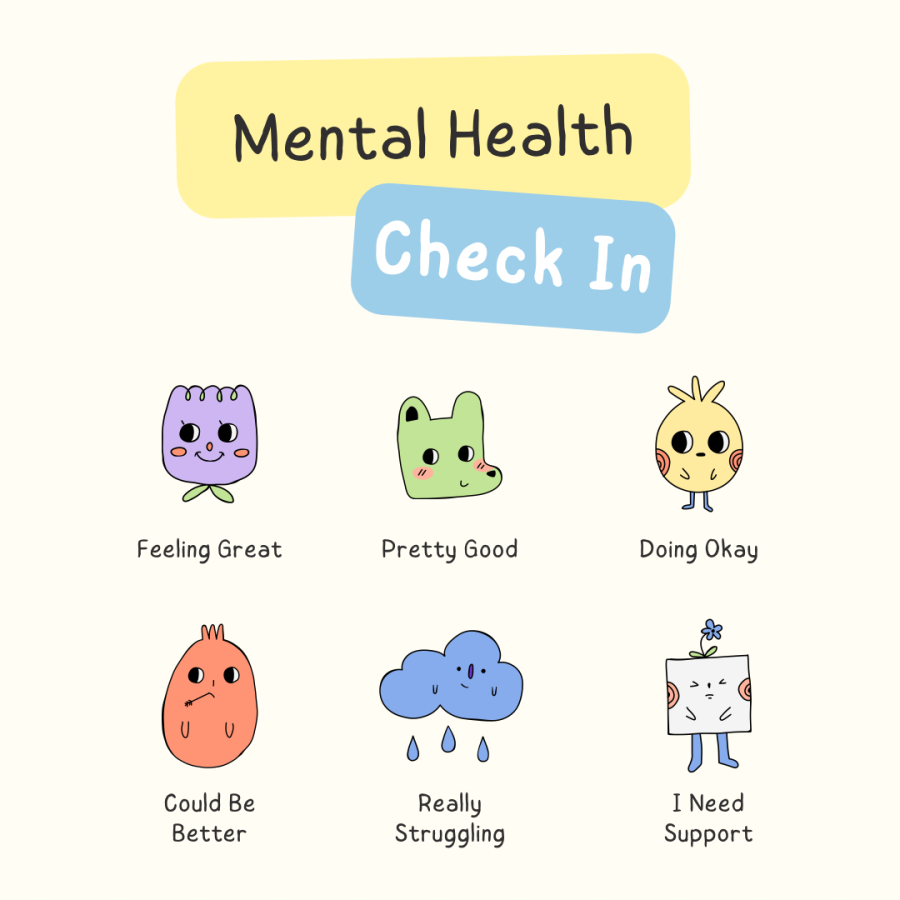Social media and mental health
According to a study from Regis College, “Nearly 70% of U.S. adults have at least one social media account, and the average American internet user has seven.”
I think we can all agree that social media can be extremely addicting. In this age where social media appears to be at its peak, various apps can be used for various purposes.
Starting businesses, keeping up with your friends and family, catching the latest news at a much faster speed and much more can be achieved through social media. However, there are downsides.
While social media appears to be this fun way to communicate with others, it can also lead to people feeling more isolated. Do you ever feel lonely when you’re scrolling through Instagram or a similar app when seeing other people together? That fear of missing out? Many people often feel like this, based on the study. Regis College reports that, while Americans appear to be more sociable, 1 in 5 report often or always feeling lonely.
This is not a simple question to answer. According to the American Psychological Association (APA), loneliness is defined by “people’s levels of satisfaction with their connectedness, or their perceived social isolation.”
A survey conducted in 2018 showed that 22% of respondents reported experiencing isolation from others. It was also concluded that this loneliness affected various parts of their lives in a negative way.
Loneliness also comes with an increase in health risk factors. Social isolation has been tied to factors such as depression, an increase in stress, a poor quality of sleep, and many other dangerous factors.
Negative impacts that social media has include using social media as a substitute for in person social interactions and a feeling of isolation caused by a distorted portrayal of other people’s lives through social media. Another study found that, “an excessive amount of social media usage can increase feelings of anxiety, isolation, and the fear of missing out.”
While social isolation is not only attributed to social media usage, many studies have shown the relationship between social media and social isolation is very strongly linked. Increased usage tends to lead to an increase in social isolation, and people spend more time on social media nowadays with how easily accessible it is.
Isolation gravely affects a person’s mental health. We need social interaction in order to thrive. Connection with other people impacts our mental health in huge ways; more ways than we might originally think.
Virtual interaction can be good, but it shouldn’t completely replace our interactions with people face-to-face. Fear of Missing Out (FOMO) seems to have increased with the excessive amount of social media usage over the recent years. This impacts people’s self-esteem and increases anxiety.
Another factor from social media excess that can trigger these negative attributes is something we rarely talk about when it comes to topics surrounding social media: cyber bullying. Social media platforms make cyber bullying much easier, and being a target of bullying impacts mental health in a very serious manner.









yousef • Jan 12, 2023 at 8:31 AM
responsible parents should restrict access to social media of their children until they turn of age (somewhere between 18-21). social networks like Facebook and TikTok have admitted or have been shown to be used for psychological operations, why trust highly sophisticated mind-altering software with your children?